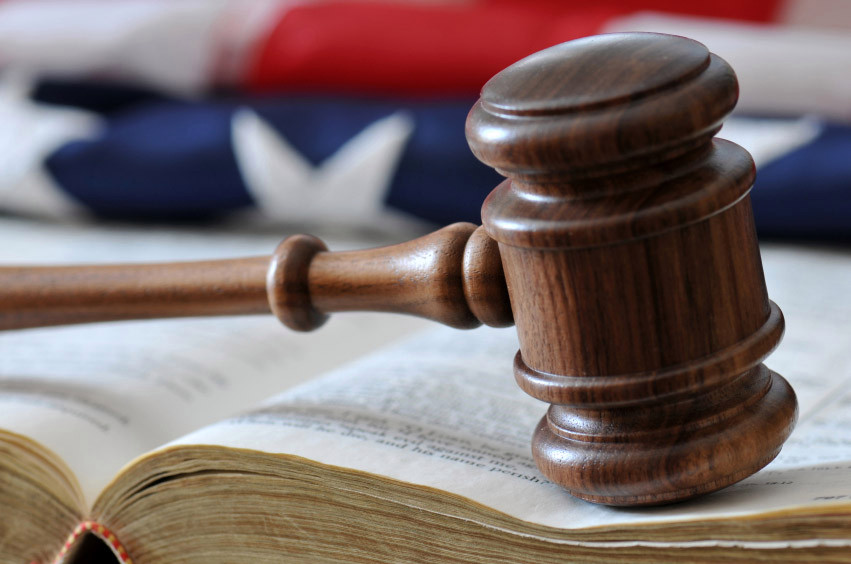A California appeals court questioned whether Huntington Beach‘s voter identification law might place an unreasonable burden on voters in city elections starting in 2026.
The Fourth District Court of Appeals heard oral arguments on Wednesday, Oct. 22, from attorneys in two lawsuits challenging the city’s effort to establish a local voter ID requirement.
Michael Cohen, an attorney for California, said Huntington Beach’s voter ID policy contradicts state law, which says no governing body overseeing elections in the state, including charter cities, can require voter identification at voting centers. Cohen said enforcing the ID requirement would require the city to separate local elections from statewide ones, establish different polling places and issue two sets of ballots to voters.
“The only way the city can implement its voter ID law is by conducting its own general elections, and it isn’t permitted to do so,” Cohen said.
Judge Maurice Sanchez, one of the three on the panel who heard arguments Wednesday, raised concerns about the complications that could arise from the law’s implementation, such as the establishment of separate polling places and the requirement of voters to show proof of identification in the form of a passport or birth certificate.
“Would that make it more difficult for people to vote?” he asked the city.
John Howard, the attorney for the city, said it’s premature for the court to consider whether showing identification might create an undue burden on voters because Huntington Beach hasn’t yet shared details on how the policy might work in city elections.
Howard also disputed the state’s argument that the voter ID policy violated state law, arguing that Huntington Beach, as a charter city, has the right to run its own elections.
“The fact of the matter is, the city has the right under the constitution to conduct its own elections,” he said.
One lawsuit challenging Huntington Beach’s voter ID law is brought by the California attorney general’s office, and another is from Huntington Beach resident Mark Bixby, who publishes the Surf City Sentinel Facebook page.
The court has 90 days to issue a ruling.
In April 2024, Attorney General Rob Bonta sued Huntington Beach to block Measure A, a charter amendment that Surf City voters approved a month prior, which requires people to show ID at polling places for local races beginning in 2026. Bonta said at the time that the voter ID policy is “violative of California state election law” and “threatens the constitutionally protected right to vote.”
OC Superior Court Judge Nico Dourbetas, earlier this year, ruled in Huntington Beach’s favor and said the proposed voter ID requirement did not compromise election integrity. The state and Bixby both appealed the lower court’s ruling a month later — bringing the case before California’s appellate court.
In a brief hearing earlier this year, the Fourth District Court of Appeals described the city’s arguments as “problematic” before ordering the OC Superior Court to reconsider its earlier ruling to dismiss the case.
